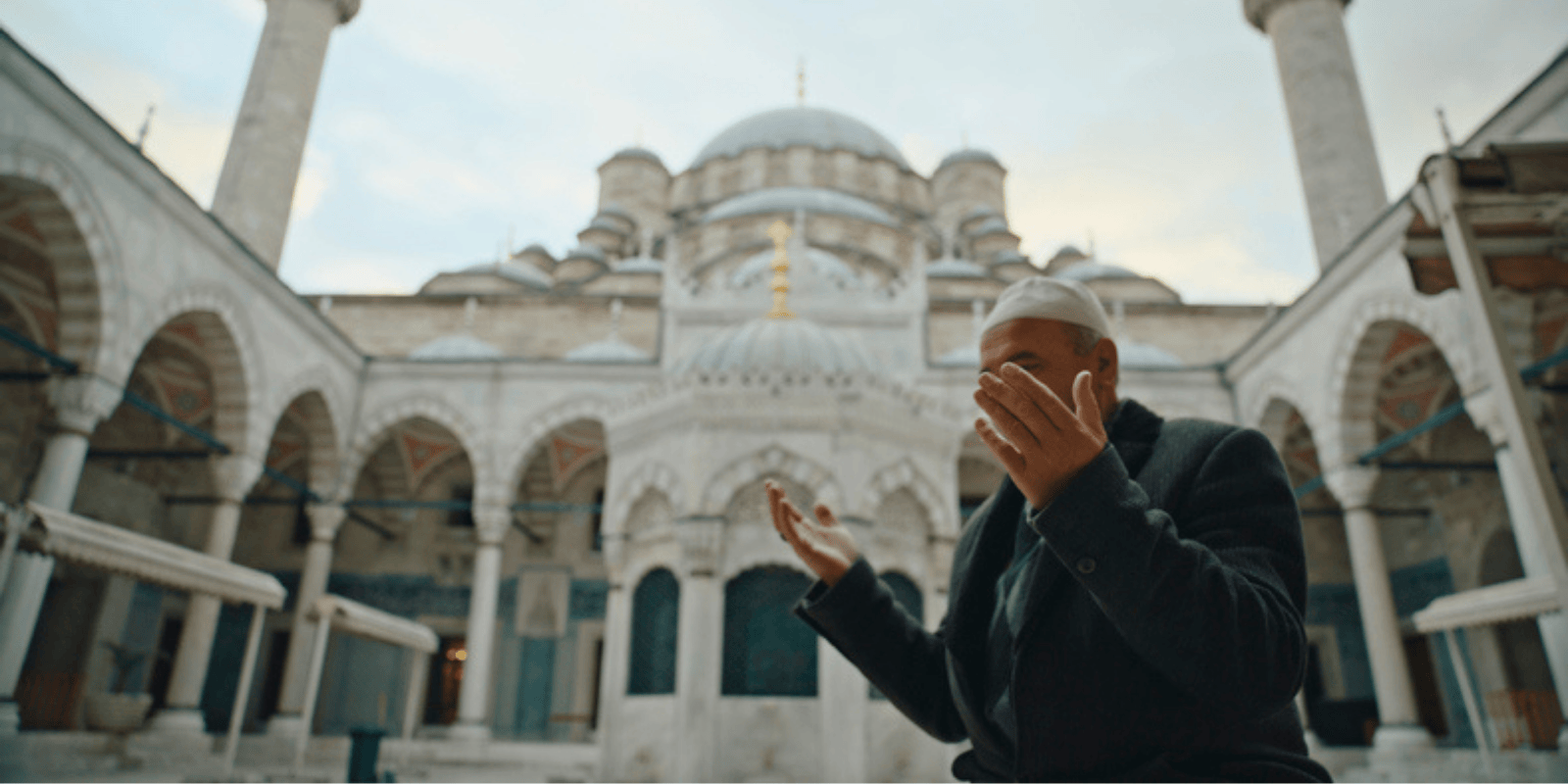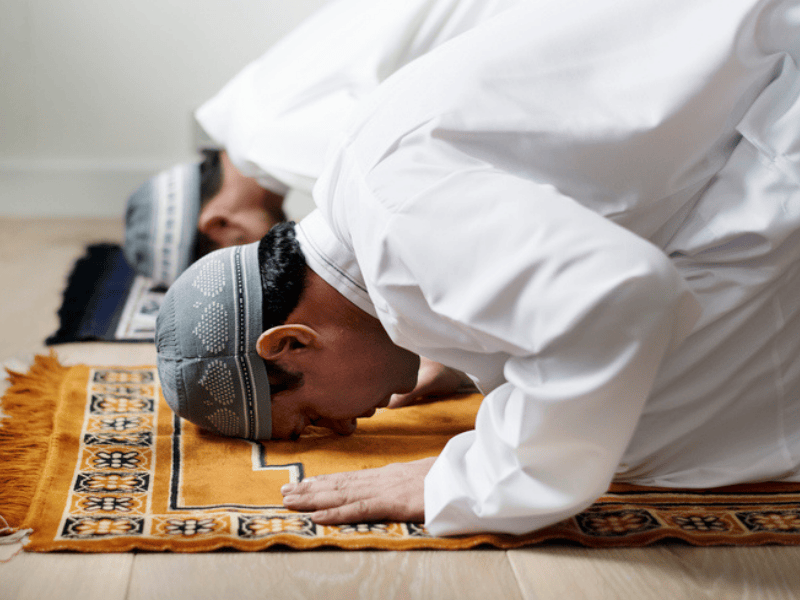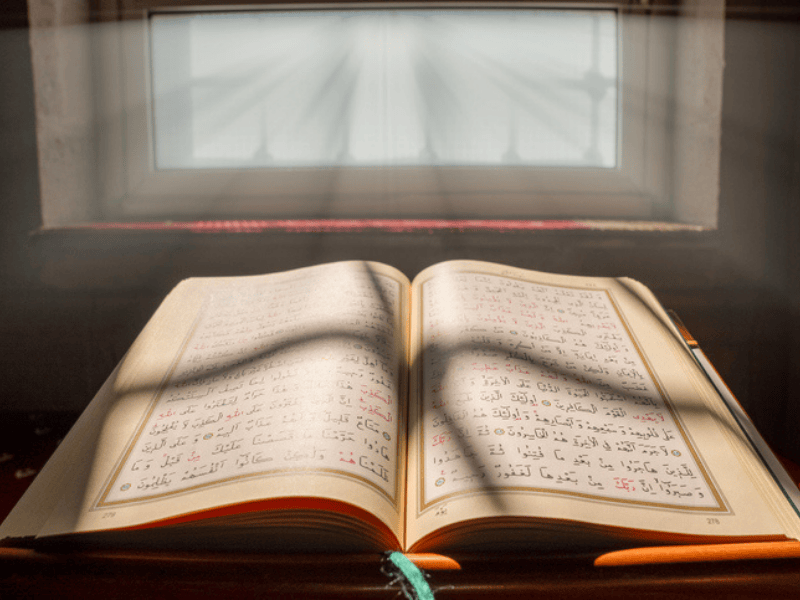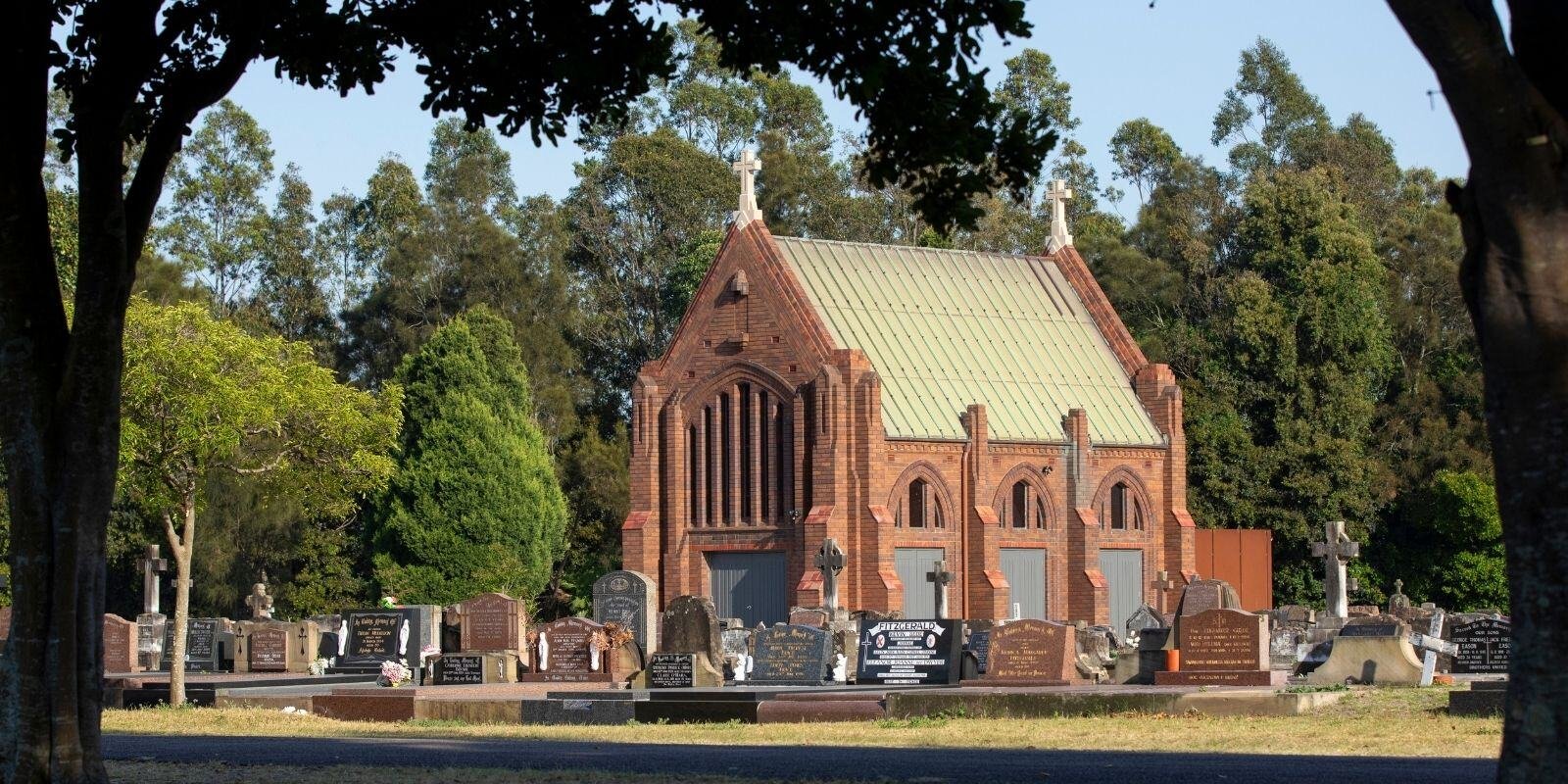
Islam cultural conversations
Metropolitan Memorial Parks
31 March 2025
Islam, one of the world's major religions, is followed by nearly one-fifth of the global population. While often associated with the Middle East, the largest Muslim populations are found in Indonesia, Pakistan, and India. Historically, Islam extended from Western China to Spain and Morocco, shaping cultures and civilizations.
The faith is divided into two main branches: Sunni Islam, representing about 85% of Muslims, and Shia Islam, comprising 10-15% of the global Muslim community. Central to Islamic belief is surrendering to the oneness of God (Allah) and following the teachings of the Prophet Muhammad, Islam’s most important figure. The term ‘Islam’ is derived from the Arabic word salima, meaning ‘to be safe and secure,’ reflecting a spiritual journey toward peace and wholeness. In this context, a Muslim is someone who surrenders to God with the aim of achieving spiritual peace (salam) in this life and the hereafter.

Five pillars of Islam
Muslims adhere to the five pillars of Islam, which include:
-
Shahada (Declaration of Faith) – Affirming the oneness of God and the prophethood of Muhammad.
-
Salat (Daily Prayers) – Performing five daily prayers.
-
Sawm (Fasting during Ramadan) – Observing fasting during the holy month.
-
Zakat (Almsgiving) – Contributing to charitable causes.
-
Hajj (Pilgrimage to Mecca) – A once-in-a-lifetime journey to Makkah for those who can afford it.
Friday prayers at mosques hold significant spiritual value, bringing the community together in worship.
Expressions of grief in Islam
Islamic mourning practices are connected to the religious teachings from the Quran and Hadith. In Australia, Islamic communities may follow varying practices based on cultural background, but the core rituals and expressions of grief are consistent across the Muslim faith.
Public expressions of grief vary but it is common for families to cry softly, with an emphasis on patience and accepting Allah’s will. Excessive displays of grief, such as wailing or tearing garments, are generally discouraged as they may be seen as opposing the Islamic belief in submitting to God’s will.
Immediately after death, the body is washed and shrouded (ghusl and kafan) by same-gender family members or a community member, according to Islamic rites. Family members may kiss or touch the body before burial, but once the shrouding is complete, there is minimal physical contact as the focus shifts to swift burial, typically within 24 hours, in accordance with Islamic guidelines.

Islamic mourning practices
Islam has numerous sects and sub-sects, with the two main ones being Sunni and Shia. Sunni is the largest branch, making up about 85-90% of Muslims worldwide. Shia is the second largest branch, comprising about 10-15% of Muslims.
Reciting prayers (du’a) and verses from the Quran is central to the mourning process.
Sunni Islam contends that Prophet Muhammad did not explicitly appoint a successor, leaving the choice of leadership to the Muslim community. They recognise the legitimacy of Abu Bakr's rule, who was elected at Saqifah, as well as that of his successors, collectively known as the Rashidun caliphs.
Sunni Islam follows the Sunnah (traditions and practices of the Prophet Muhammad) and the Hadith (narrations of his sayings and actions). Islamic law is defined by four major schools of Islamic jurisprudence (Hanafi, Maliki, Shafi'i, and Hanbali).
Shia Islam believes Prophet Muhammad had explicitly designated Ali as his heir, notably during the Event of Ghadir Khumm, following the revelation of verse 5:67 in the Quran. According to Twelver Shia doctrine the subsequent rulers after Muhammad are considered illegitimate, with Ali and his lineage of eleven divinely appointed Twelve Imams being the rightful successors.
Both sects share basic funeral rites such as the washing (ghusl) and shrouding (kafan) of the body, the funeral prayer (Salat al-Janazah), and burial in a simple grave facing Mecca.
Religious leaders
Islamic religious leaders play roles in guiding the community through rituals, offering prayers, and providing spiritual support during times of death and mourning. Key figures include:
- Imam – Leads prayers, including funeral rites, and provides spiritual guidance.
- Sheikh/Sayed – An elder or scholar who offers counsel on death, burial rites, and the afterlife.
- Mufti – A legal scholar who issues religious rulings (fatwas) on matters like inheritance and burial.
- Qari – A Quran reciter who is often called upon during funerals.
- Muezzin – Though primarily known for the call to prayer (adhan), they may also summon the community for funeral services.

The Quran
The Quran is the holy book of Islam believed by Muslims to be the word of God (Allah) revealed to the Prophet Muhammad. It has remained unchanged since it’s revelation 1400 years ago.

The role of mosques
Mosques are key organisations that support their respective Muslim communities during times of death and mourning. Each mosque caters specifically to their community.
Mosques arrange funeral services including washing, shrouding, and burial according to their respective Islamic practices. They coordinate with cemeteries to ensure all religious obligations are met
Islam around the world
The most populated Muslim-majority countries in the world, in order, are:
- Indonesia - The largest Muslim population in the world, with around 231 million Muslims, making up nearly 87% of the country's total population.
- Pakistan - About 212 million Muslims, comprising 96% of its total population.
- India - Although not a Muslim-majority country, it has around 200 million Muslims, making it one of the largest Muslim populations globally.
- Bangladesh - Approximately 153 million Muslims, accounting for 90% of its population.
- Nigeria - Around 95 million Muslims, making up nearly half of the country's population.
- Egypt - About 90 million Muslims, constituting nearly 95% of its total population.
- Iran - Around 82 million Muslims, making up 99% of the population.
- Turkey - Approximately 82 million Muslims, representing 99% of the population.
- Algeria - About 41 million Muslims, making up 99% of the population.
- Morocco - Approximately 37 million Muslims, constituting nearly 99% of its population.
Note: These figures are estimates and may vary slightly depending on the data source. For more detailed statistics, you can visit the Pew Research Centre or World Population Review websites.
Learn more about cultural funeral traditions
For more information on cultural end-of-life customs, visit our Cultural Corner Resource Hub. If you have questions, our customer service team is available to assist. Contact us today for guidance on traditional Islamic funeral arrangements.







-1.jpg?width=1600&name=Banner%20(7)-1.jpg)







.jpg?width=1600&name=RGC%20Gallery%20(3).jpg)




.jpg?width=2000&name=Copy%20of%20MMP%20Website%20Header%20Image%20Template%20(1).jpg)
.jpg?width=1600&name=WMP%20Wonderfully%20Made%20Memorial%20(1).jpg)

.jpg?width=2000&name=Copy%20of%20MMP%20Website%20Header%20Image%20Template%20(2).jpg)

.jpg?width=800&name=Untitled%20design%20(56).jpg)












